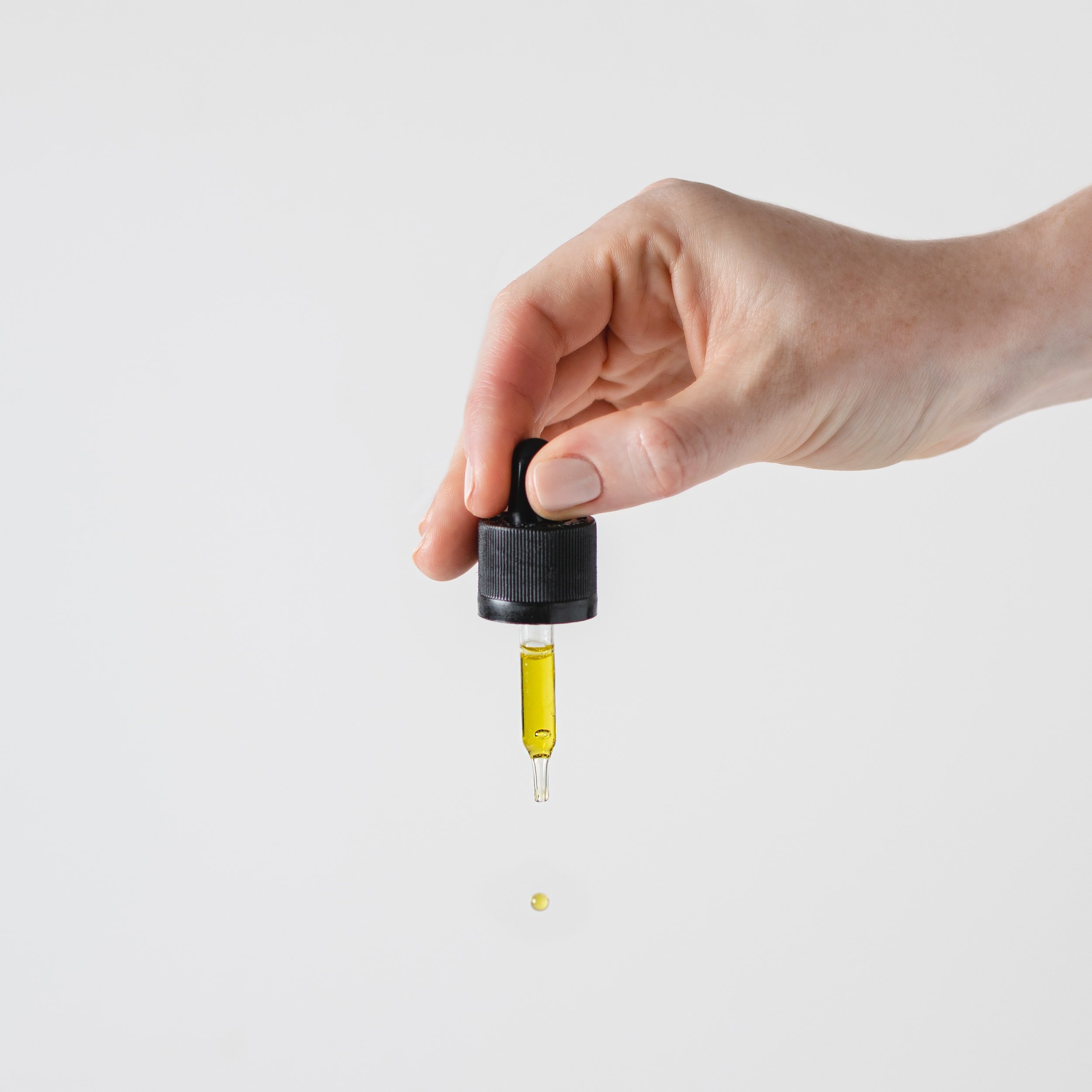Essential Oils
Essential oils have become popular with the rise of natural and clean skin care. While I love natural skincare and plant-based remedies, essential oils must be used with care, so it is important to do your research before using them on the skin.
I recently discussed Hydrosols and their benefits for skin care. Hydrosols are a byproduct of essential oil production and have many of the same benefits with less risk. Today we’ll discuss the benefits and risks of essential oils and how to incorporate them into your routine safely.
What is an essential oil?
Essential oil is a highly concentrated plant extract. They can be used for various purposes, including skincare, aromatherapy, and even natural cleaning.
It's created by steam distillation. When you heat up plant material in water, the steam is gathered, and the oil naturally separates from the hydrosol.
What are the benefits of essential oils?
They have various healing properties depending on the plant used.
Aromatherapeutic
Skincare
Pain relief
Cleaning
Essential oils are often used in aromatherapy, an alternative medicine that uses fragrances to promote relaxation and healing. Different essential oils have different scents and can be used for various purposes, like lavender or lemon balm for stress relief or peppermint and lemon for energizing.
They can be used in skincare products, such as face creams, body lotions, and shampoos. They can help to moisturize the skin, reduce inflammation, and improve acne-prone skin.
Essential oils are a great addition to your natural medicine cabinet. Some essential oils, such as peppermint and lavender, have analgesic properties that can help to reduce pain and inflammation.
Swapping harsh chemical cleaners for DIY recipes, essential oils can be used as natural cleaners due to their antibacterial and antifungal properties.
What are the risks?
While essential oils can be used for aromatherapy or ingested, it's important to be cautious when applying them to the skin. Here are a few reasons why essential oils could be harmful when applied to the skin:
Skin irritation
Allergic reactions
Dermal toxicity or skin sensitization
Essential oils are highly concentrated and can cause skin irritation when applied directly. Some essential oils like citrus, are known to cause photosensitivity, which means they can react with sunlight and cause skin damage. People with sensitive skin or allergies may react adversely to essential oils.
Some essential oils, when used in excess, can be toxic to the skin. Tea tree oil, for example, can cause skin irritation, blistering, and even chemical burns. Skin sensitization can happen with long-term use, which means the skin becomes more sensitive to the substance over time.
How can we safely incorporate essential oils into our routine?
Always dilute your essential oils. By mixing the essential oil in a carrier oil, such as jojoba oil, almond, or coconut oil, you reduce the risk of sensitivity, and you’ll still take in all the benefits. I typically use the ratio of 5 drops of essential oil to 1 oz of carrier oil.
Always do a patch test for allergies. You can do this by placing a drop of the oil on your skin and leaving it for 24 hours. If you experience any allergic reactions, do not use the oil. Just like plant allergies, you can have mild to severe reactions, and you definitely do not want that on your face!
Always follow the instructions on the essential oil bottle. Some oils are not safe for pregnant women or young children, and some are not safe to use in direct sunlight.
Research the essential oil, and the plant, before use. Even some skin-safe essential oils like tea tree can cause sensitivity.
What are some recommended essential oils for the skin?
Tea tree is great for an acne spot treatment or a deep scalp cleanse. Ylang ylang is wonderful for balancing oil (sebum) production. Carrot seed is super high in antioxidants and beta-carotene. Oregano oil is excellent for wound healing and fungal infections. Clary Sage fights bacteria, increases circulation, and soothes stress.
Plants have wildly incredible benefits, each unique and beneficial in its own way. If you want to add essential oils to your skincare routine, speak to your esthetician to find a customized, safe solution!

